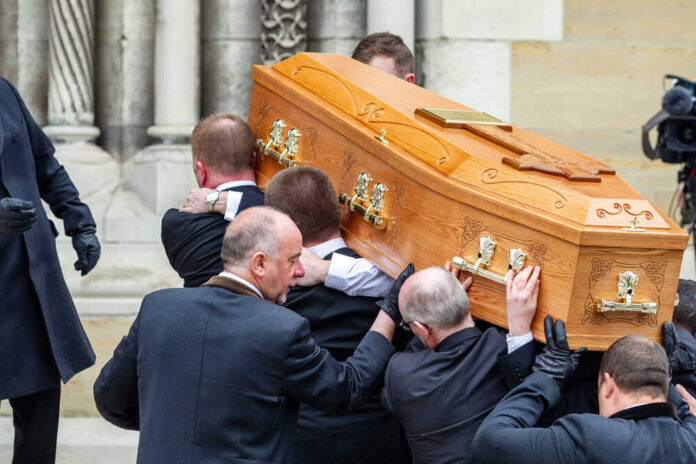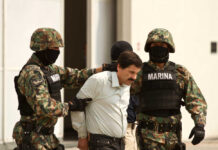
Researchers found signs of traumatic brain injuries in Robert Card, the Army reservist who shot and murdered 18 people in the worst massacre in Maine’s history.
Last October, Card stormed a bowling alley and pub in Lewiston, Maine, opening fire, killing 18 and wounding 13. After a multi-day manhunt, he died in the woods from a self-inflicted gunshot.
A report shows that researchers examined brain tissue and discovered inflammation, minor blood vessel damage, and degeneration of nerve fibers that enable communication between various brain parts.
After his death, Dr. Ann McKee and the Chronic Traumatic Encephalopathy (CTE) Center at Boston University examined his brain at the request of the Maine Medical Examiner’s Office. Despite lacking definitive evidence linking these pathology findings to Mr. Card’s recent behavioral abnormalities, she acknowledged brain damage was likely a contributing factor.
In a statement issued with the results, Card’s family expressed their deepest condolences to the victims and loved ones of those lost by this tragic event.
Months before the massacre, Card’s family and colleagues had notified authorities about his increasing paranoia.
An incident report dated May 4, 2023, includes statements from Card’s son and ex-wife. According to his son, Card thought he was hearing voices.
According to Robert’s sister-in-law, Katie Card, he started to hear terrifying voices communicating with him not long after he got powerful hearing aids.
Several weeks before the event, Maine law enforcement had received calls about threats made by Card.
It is thought that the shooter was exposed to several low-level explosions while working as an instructor at a US Army grenade training range. It isn’t clear if they affected his brain.
According to the Mayo Clinic, traumatic brain injuries (TBIs) may occur when the head or body is struck hard or something pierces the skull and enters the brain. TBIs may produce moderate to severe symptoms, depending on the injury. Mild symptoms include headaches, nausea, vertigo, memory loss, and mood changes. Severe symptoms include seizures, paralysis, coordination issues, and loss of consciousness.
Depending on the degree of damage and symptoms, many treatment methods are available for traumatic brain injuries. Surgical intervention may be required in situations of moderate to severe TBIs to remove clots, fix skull fractures, halt brain bleeding, or release pressure within the skull.














